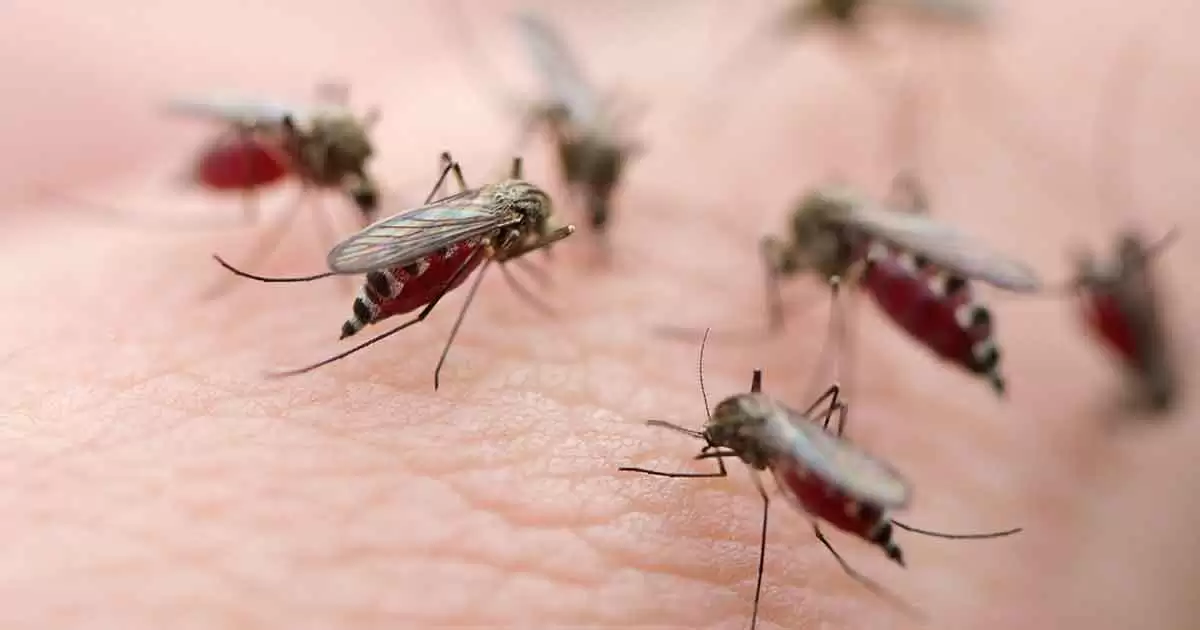
There was an outbreak of Measles in Samoa. Could it happen here?
Home > Health Info > Health Articles

Measles is a highly contagious infectious disease caused by the measles virus. This infection remains an important cause of death among young children globally, despite the availability of a safe and effective vaccine, however, as has happened in Samoa in December 2019, adults can contract Measles as well.
Measles is transmitted via droplets from the nose, mouth or throat of infected persons. Initial symptoms, which usually appear 10–12 days after infection, include high fever, a runny nose, bloodshot eyes, and tiny white spots on the inside of the mouth. Several days later, a rash develops, starting on the face and upper neck and gradually spreading downwards.
World Health Organization states that global measles deaths have decreased by 84 percent worldwide from 550,100 deaths in 2000 to 89,780 in 2016. An estimated 7 million people were affected by measles in 2016. The overwhelming majority (more than 95 percent) of measles deaths occur in countries with low per capita incomes and weak health infrastructures.
Severe measles is more likely among poorly nourished young children, especially those with insufficient vitamin A, or whose immune systems have been weakened by HIV/AIDS. The most serious complications include blindness, encephalitis (an infection that causes brain swelling), severe diarrhea and related dehydration, and severe respiratory infections such as pneumonia and death.
The measles vaccine has been in use since the 1960s. It is safe, effective and inexpensive. WHO recommends immunization for all susceptible children and adults for whom measles vaccination is not contraindicated. Reaching all children with 2 doses of measles vaccine, either alone, or in a measles-rubella (MR), measles-mumps-rubella (MMR), or measles-mumps-rubella-varicella (MMRV) combination, should be the standard for all national immunization programs.
There is no specific treatment for measles, but the condition usually improves within 7 to 10 days.

Share :




